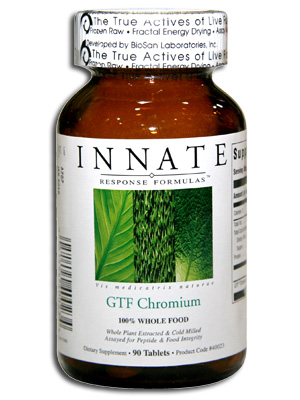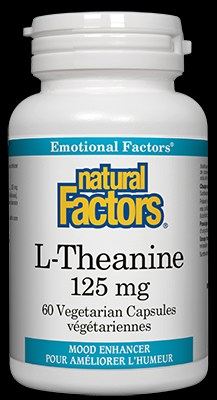Vaccines are often heralded has a panacea, a promise of healing before disease even strikes. However, this is not true for flu vaccines, especially for the H1N1, or swine flu, vaccine, which was met with a wealthy (not healthy) dose of criticism.
The reason why flu vaccines don’t always work is because the virus is constantly mutating. A vaccine allows your body to block linkage between the virus and your cells, preventing it from infecting your body. However, the protein in the virus responsible for doing this link is constantly changing and you may be immune against a certain strain of virus and be infected by another.
For H1N1 a further problem was posed – this is a new vaccine, so how can you be sure it is safe? Well, flu vaccines are new every year. The technology used to make them has been proven to work and to be safe, so there is no need to validate each individual vaccine. Remember that a new flu vaccine is made every year containing the strains most likely to cause disease that year.
There is no more reason to fear H1N1 vaccine than there is to fear the annual flu vaccine – they are made in the same way using a valid technology.
A major concern is about the vaccine and pregnant women. Some pregnant women are afraid of the vaccine because it was linked to an increased likelihood of autism in newborns. However, I have two things to remind you: the flu is more serious on pregnant women, being more likely to kill both mother and child, and even if it doesn’t kill, the flu has been linked to mental diseases later in life for the fetus, a stronger link than that between the vaccine and autism.
In the end, deciding whether or not to take the vaccine should be your choice. You should weigh the risks and benefits and though I recommend you ask your doctor for advice, the decision should be yours.




